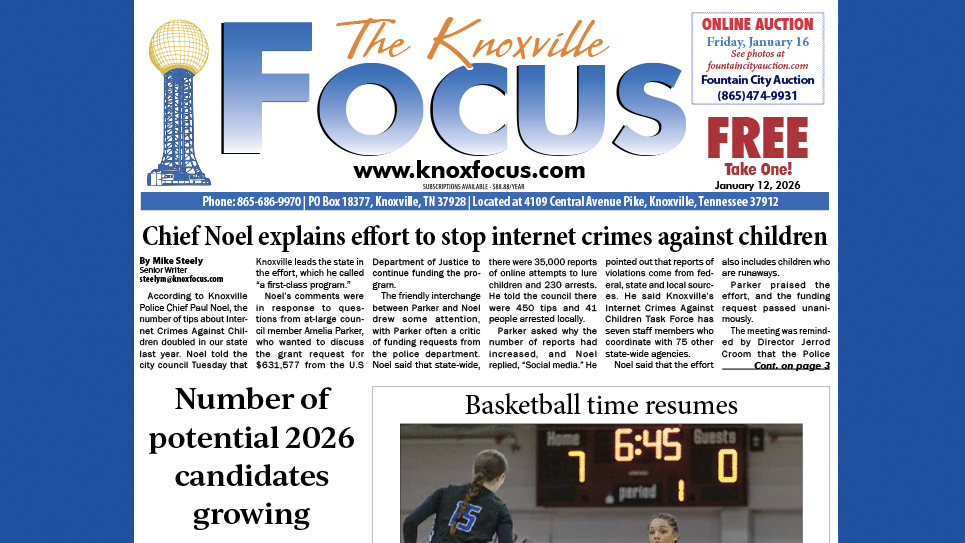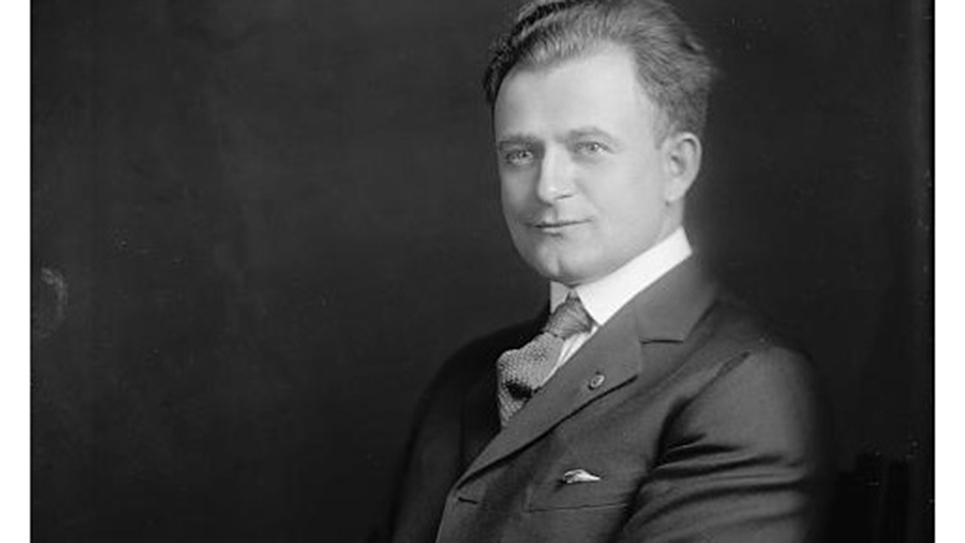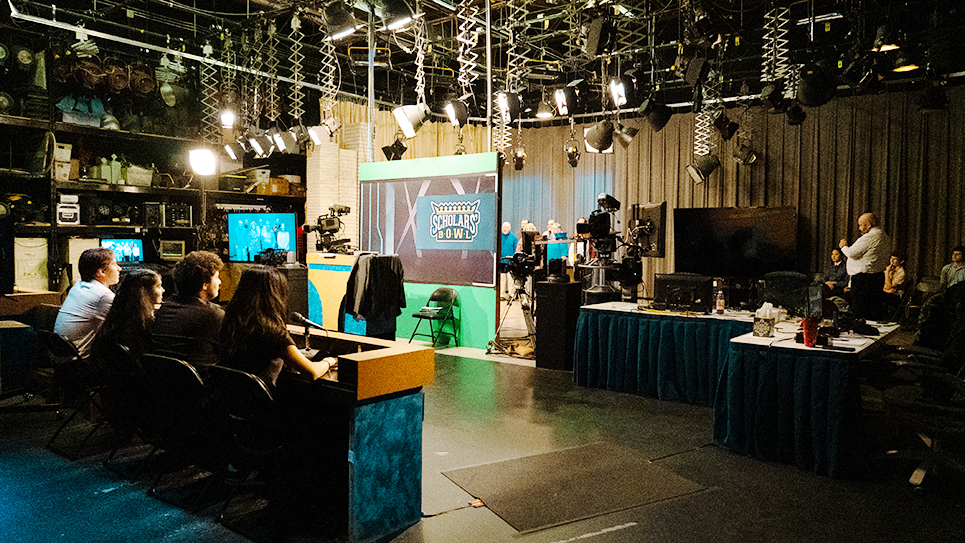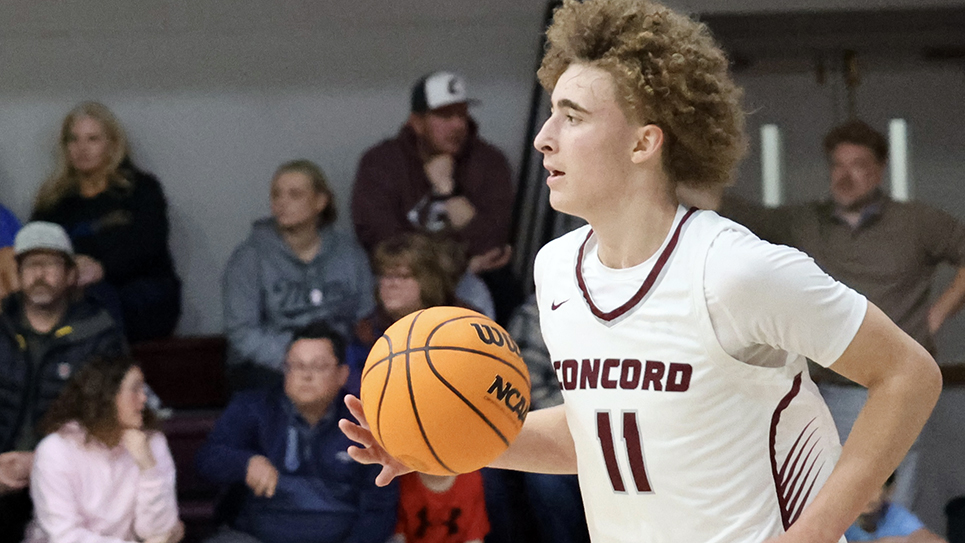By Tom Mattingly
Speaking of Thursday night University of Tennessee football games, Oct. 3, 1996, was a Thursday. No 9 Tennessee was in Memphis to play Ole Miss at Liberty Bowl Memorial Stadium. It was a “home game” for Ole Miss and was beamed nationwide on ESPN. It’s hard to believe that game was 25 years ago.
(There will always be those purists who wonder why a Mississippi school would play its home games in Tennessee, albeit in Memphis. Both teams, however, have traditionally had significant fan bases in the Memphis/West Tennessee area.)
The nocturnal matchup had a sidebar that dominated conversation in the months preceding the game.
To fully understand what was going on, go back to Nov. 15, 1969, when No. 18 Ole Miss, a 31-0 loser to Tennessee the year before, hosted the No. 3 Vols at Mississippi Memorial Stadium in Jackson.
Ole Miss was led by junior quarterback Archie Manning, whose name has been known to pop up in novels by John Grisham, and won by a 38-0 count that day.
It was as long a day as any Vol fan has ever spent in any stadium in any year, 21-0 at the quarter break, 24-0 at the half.
The Vols did win the SEC title that season, but ended up in the Gator Bowl instead of the Orange Bowl. Many Vol fans have been known to put an asterisk (*) by that championship season, questioning whether the SEC title had any legitimacy given the loss to Ole Miss, narrow wins over Kentucky and Vanderbilt, a loss to Florida in Gator Bowl, and the departure of head coach Doug Dickey to Florida in early 1970.
What type of odds would anyone have offered or anyone accepted that, 25 years later, any son of Archie Manning would be the starting quarterback at Tennessee and become one of the most popular and revered players in Tennessee history?
The odds would have to have been astronomical.
The perception of Archie Manning, shaped by the 1968 and 1969 games, would change dramatically across Big Orange Country in 1994, when son, Peyton, did sign scholarship papers to come to Knoxville as one of the top prospects in that 1993-94 recruiting class.
Why did Peyton choose Tennessee? On his profile questionnaire, he said, “Because I wanted to go there.”
Then there was an opinion from another Manning son.
“Little brother Eli was the only Manning to guess correctly,” Marvin West wrote. “He thought it through logically and decided Tennessee had the best receivers.”
You also couldn’t discount former Vol signal-caller Bobby Scott being Archie’s teammate with the New Orleans Saints and the two families becoming close friends.
So here he was, Peyton Manning leading the Vols to glory. He wore No. 16 as a Vol, given that junior cornerback DeRon Jenkins had the famed Manning No. 18. His second choice was No. 12, but fellow freshman Marcus Nash, a highly touted wide receiver, likewise wanted it. You couldn’t imagine Peyton asking a teammate to give up his number.
So No. 16 it was.
Two years later, Ole Miss appeared on the Vol schedule, and the Manning family history with Ole Miss was a prime topic of conversation.
Archie has always been careful to separate his role as “Peyton’s dad” from his role as “Ole Miss alum.”
“I feel strongly about the fact it should be his decision,” Archie had said during the rush to National Signing Day and the resulting controversy that got heated at times. “I love Ole Miss, but I can’t say I love Ole Miss more than my son. With my Ole Miss hat on, I’m disappointed, like a lot of people. But with my daddy’s hat on, I’m proud of the way he handled things.”
When game time came, Tennessee defeated the Rebels by a 41-3 count.
Before a crowd of 62,640, Peyton completed 18 of 22 passes for 242 yards and one touchdown, a 5-yard toss to Nash.
Archie had told Olivia that Peyton “seemed focused” on the task at hand. That was good news for Tennessee, bad news for Ole Miss.
After the game was in the record books, Peyton, who always handled these situations adroitly, handed Archie a game ball in the locker room, saying, “This one is special.”
The television folks had to have been impressed with the Manning family saga that played out that night. While the game itself had precious little drama, the sidebar story had to have captured everybody’s attention.






